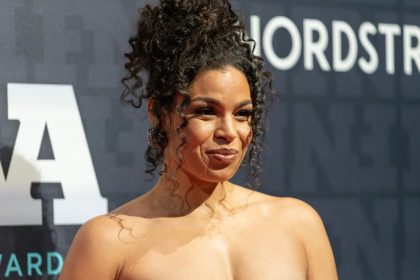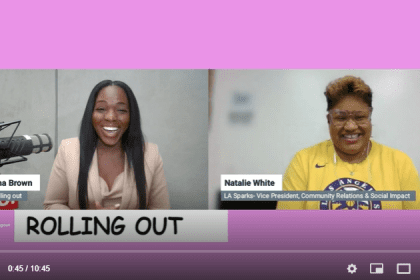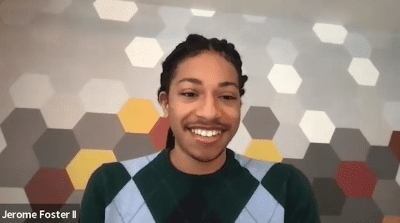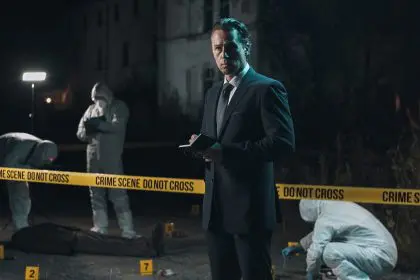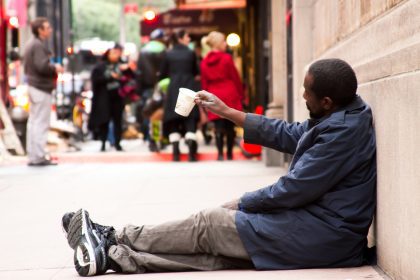A third-generation farmer, Christina Mpilo has always been deeply connected with nature and land. After moving to the city and working closely with local community centers and trying to find neighborhood gardens to get involved in, Mpilo knew environmental justice was something she was destined for and could help change the world.
Mpilo, who is also the senior managing director of Soul Fire Farm, spoke with rolling out about environmental justice, the factors that lead to multiple environmental issues, and the direction of environmental justice in the future.
What changes do you believe are necessary when we’re trying to address environmental justice?
Industrial agriculture is huge. It is responsible for about 24% of greenhouse gas emissions every year, 70% of water use, and 37% of land use, as well. Industrial agriculture has destroyed about 50% of soil organic matter. At Soul Fire Farm, we sequester roughly 8.5 metric tons of atmospheric carbon per acre. We could capture about 300 billion metric tons [if] all the farms joined us. That’s one of the biggest impacts, honestly.
Every year, the emissions of the richest 1% cancel out the carbon savings coming from nearly one million wind turbines. When you think and get into what policy changes need to happen, we really need to listen to the people. Listen to what people need. [Give] land back to people to start smaller farms. Smaller farms are more bio-diverse right now with the larger industrial agriculture. It’s all mono-cropping, which increases pests, which means you have to use pesticides. Then you have all that pesticide runoff that goes into the water, which is horrible.
What can the youth do to drive meaningful change in environmental justice?
It’s proven that children will mimic what we do before they listen to what we do and children also have this really beautiful way of seeing through all of the lies that our society tends to currently feed us. The more time that children spend out in nature, the more likely they’re going to be involved in preserving that nature, and preserving the environment and wanting to learn more about sustainability and how they can take care of that. I know, for me, in my youth, we had this huge push on save the environment, save the whales, save this, and save that, and it really did shape the way that I looked at the world and how I now move in my life. Unplugging our children and getting them more involved through education and things of that nature [is important].
What are two quotes you like to share about sustainability that you want the world to use and continue to share?
“If you want to go fast, go alone; if you want to go far, go together.” I think that really speaks to sustainability because we can’t do this on our own, so it really does take a community to come together to learn about sustainability, to create sustainable systems, and things of that nature. Another one is from one of my favorite social activists, Stephen Biko. He was a South African anti-apartheid activist, and he stated, “The power of the movement lies in the fact that it can indeed change the habits of people. This change is not the result of force, but of dedication or moral persuasion.”


